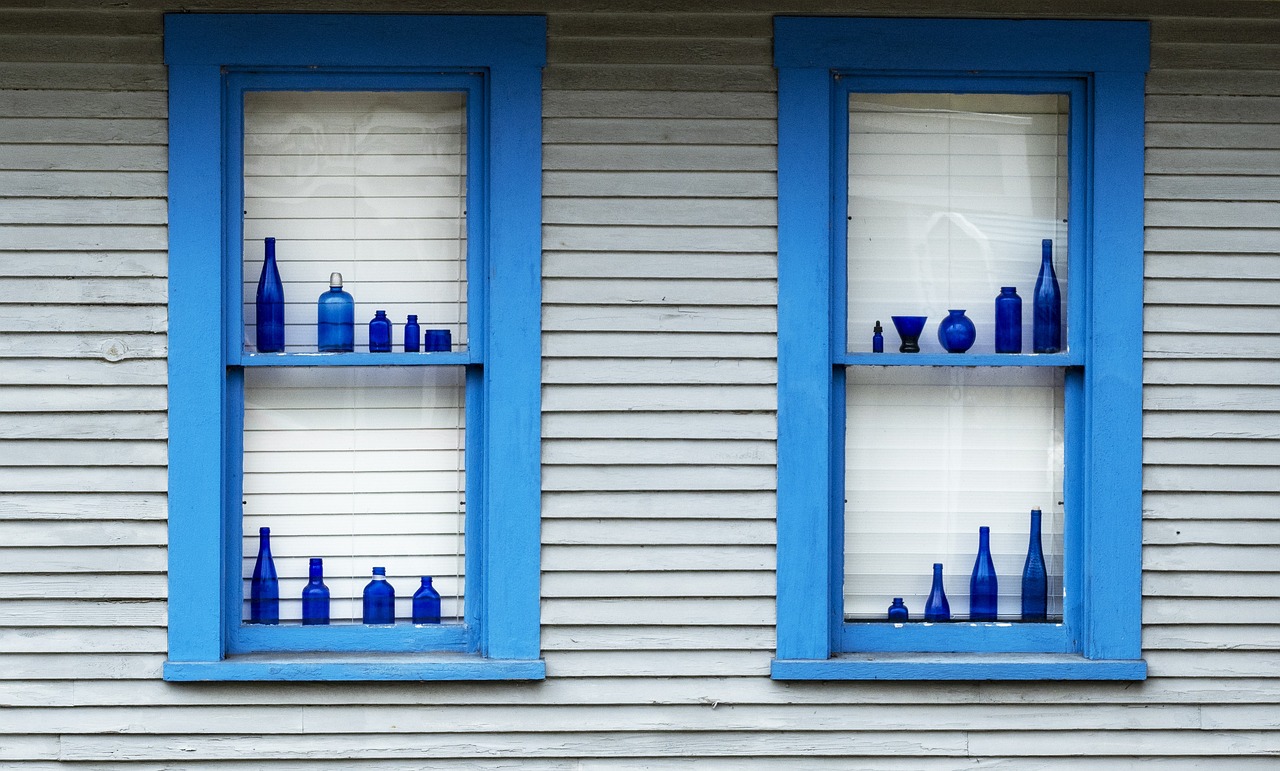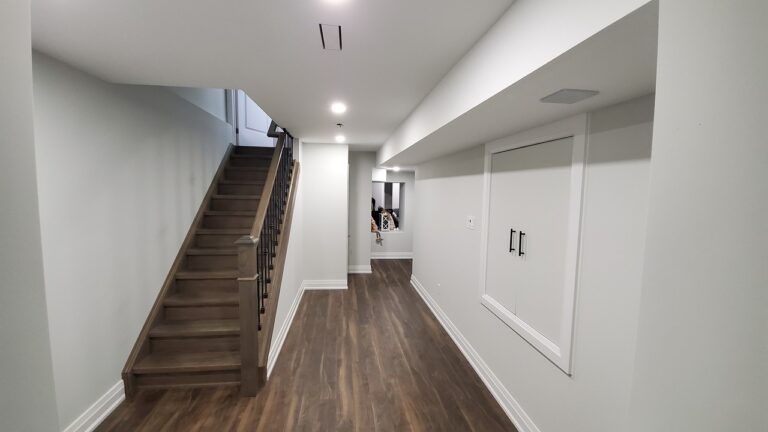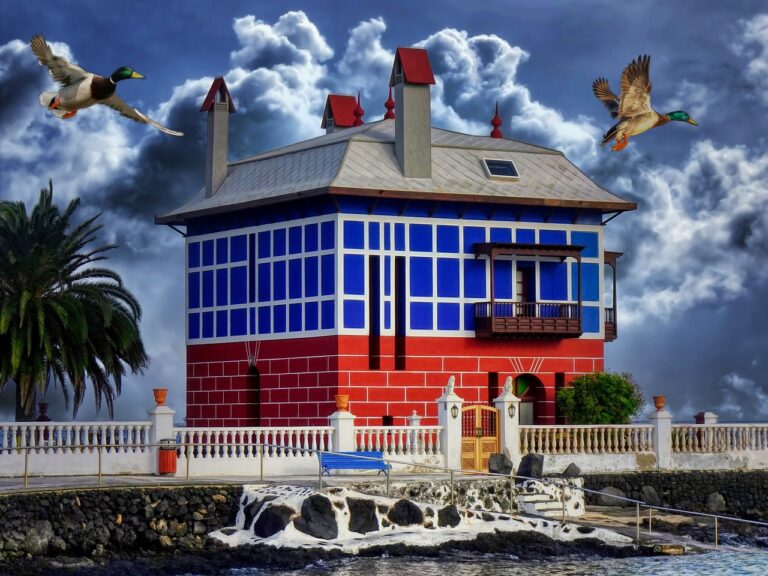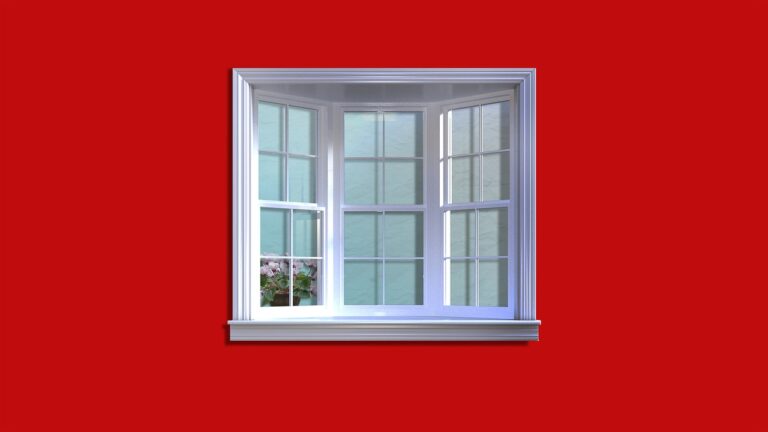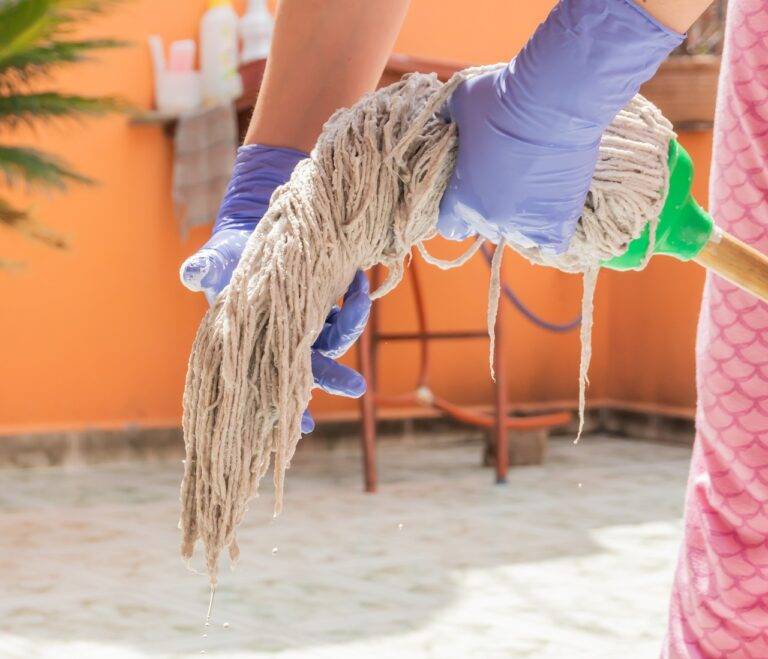Driveway Drainage: Preventing Erosion and Flooding: Allpanel login, Mahadev online book, Cricket online id
allpanel login, mahadev online book, cricket online id: Driveway Drainage: Preventing Erosion and Flooding
When it comes to maintaining your driveway, proper drainage is a key factor in preventing erosion and flooding. Poor drainage can lead to water buildup, which can cause damage not only to your driveway but also to your property as a whole. In this article, we’ll discuss the importance of driveway drainage, ways to prevent erosion and flooding, and some frequently asked questions on the topic.
Why is Driveway Drainage Important?
Proper drainage is crucial for preserving the structural integrity of your driveway. Without adequate drainage, water can seep into the pavement, leading to cracks, potholes, and other forms of damage. Additionally, water buildup can erode the soil surrounding your driveway, causing it to shift and settle unevenly.
Furthermore, poor drainage can result in flooding, which can damage your driveway, landscaping, and even your home’s foundation. By ensuring proper driveway drainage, you can prevent these issues and extend the lifespan of your driveway.
Ways to Prevent Erosion and Flooding
1. Install a French Drain
A French drain is a popular solution for improving driveway drainage. It consists of a perforated pipe surrounded by gravel or rock, which helps to redirect water away from your driveway. French drains are effective at preventing water buildup and erosion, making them a smart investment for homeowners looking to protect their driveways.
2. Grade Your Driveway
Proper grading is essential for ensuring adequate drainage around your driveway. By sloping the surface away from your home, you can prevent water from accumulating and causing erosion. If your driveway lacks proper grading, consider hiring a professional to make the necessary adjustments.
3. Add a Driveway Drain
Installing a driveway drain can help to channel water away from your driveway. There are various types of drains available, including trench drains, channel drains, and driveway culverts. Choose the option that best suits your driveway layout and drainage needs to prevent erosion and flooding.
4. Maintain Gutters and Downspouts
Clogged gutters and downspouts can cause water to overflow onto your driveway, leading to erosion and flooding. Make sure to clean your gutters regularly and ensure that downspouts are directing water away from your driveway. By maintaining these elements, you can minimize the risk of water damage.
5. Use Permeable Pavers
Consider using permeable pavers for your driveway to allow water to seep through the surface and drain into the ground. Permeable pavers are an eco-friendly option that helps to reduce runoff and prevent erosion. They are also available in a variety of styles and colors, making them a versatile choice for homeowners.
6. Plant Vegetation
Planting vegetation around your driveway can help to absorb excess water and prevent erosion. Consider adding grass, shrubs, or trees to create a natural barrier against water buildup. Additionally, vegetation can enhance the overall appearance of your driveway and improve curb appeal.
FAQs
Q: How can I tell if my driveway has poor drainage?
A: Signs of poor drainage include water pooling on the surface, erosion along the edges, and cracks or potholes forming in the pavement.
Q: Can I install a French drain myself?
A: While it is possible to install a French drain on your own, it is recommended to hire a professional for more complex drainage issues.
Q: How often should I clean my gutters and downspouts?
A: It is advisable to clean your gutters and downspouts at least twice a year to prevent clogs and ensure proper drainage.
Q: Are permeable pavers more expensive than traditional driveway materials?
A: Permeable pavers may have a higher upfront cost compared to traditional materials, but they offer long-term savings by reducing water damage and maintenance expenses.
Q: What should I do if my driveway floods during heavy rain?
A: If your driveway floods during heavy rain, consider installing additional drainage solutions or consulting a professional for assistance.
In conclusion, proper driveway drainage is essential for preventing erosion and flooding. By implementing effective drainage solutions, such as French drains, grading, and driveway drains, you can protect your driveway and property from water damage. Remember to maintain gutters, use permeable pavers, and plant vegetation to enhance drainage and curb appeal. If you have any further questions or concerns about driveway drainage, feel free to refer to our FAQs section or consult a professional for expert guidance.

